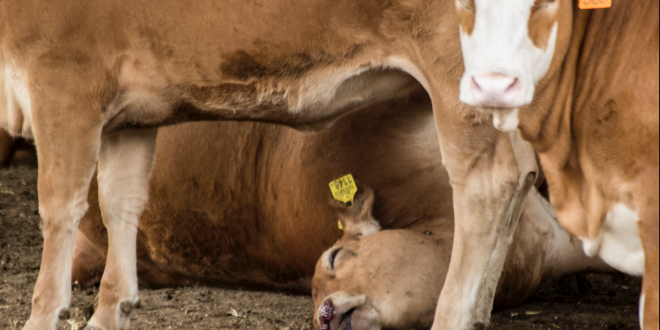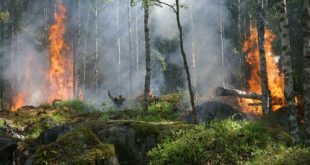By Sejal Krishnan
In the modern day it has become quite easy to decide what your diet should be. To many, a diet with protein-packed meat may seem appealing. There are large health benefits such as obtaining necessary protein and vitamins, and it provides lots of energy for the average person. However, at what cost do these benefits come?
Meat production is very resource intensive. To produce animals that can later be slaughtered to feed the general public requires a heavy amount of grain, water, and land. According to Patricia Tallman, an expert in environmental conservation, it takes nearly 25 kg of grain to produce 1 kg of beef. If the amount of meat eaters were to decrease, that same amount of food could feed a lot more people. Moreover, it takes a large amount of water to keep these animals nurtured. Finally, farmers require a vast area of land, nearly 30% of the Earth’s surface, to house these various animals. This leads to negative impacts for the environment such as deforestation. Consequently, many rainforests and natural havens are affected, decreasing important elements of nature such as biodiversity.
The meat industry also results in a large carbon footprint. According to the Food and Agricultural Organization of the United Nations, the meat industry is responsible for 18% of all CO2 emissions. This alarming statistic illustrates why meat production needs to be decreased. Global climate change results in many health risks along with extreme weather changes that can wreck the infrastructure of cities. Major floods and droughts could potentially result.
Overall, consuming meat results in issues for our global climate and our Earth. While it may not be entirely possible to completely turn vegetarian for everyone, perhaps trying to cut back one day a week or more will reduce the environmental impact of meat. Making informed decisions about your diet is vital to conserving our environment.
Works Cited
“Livestock a Major Threat to Environment.” FAO Newsroom, Food and Agricultural Organization of the United Nations, 29 Nov. 2006, www.fao.org/newsroom/en/news/2006/1000448/index.html. Accessed 2 Feb. 2019.Tallman, Patricia. The Restore-Our-Planet Diet: Food Choices, Our Environment, and Our Health. E-book, LOTONtech, 2015.
 Tempus Magazine By Students, For Students
Tempus Magazine By Students, For Students 



